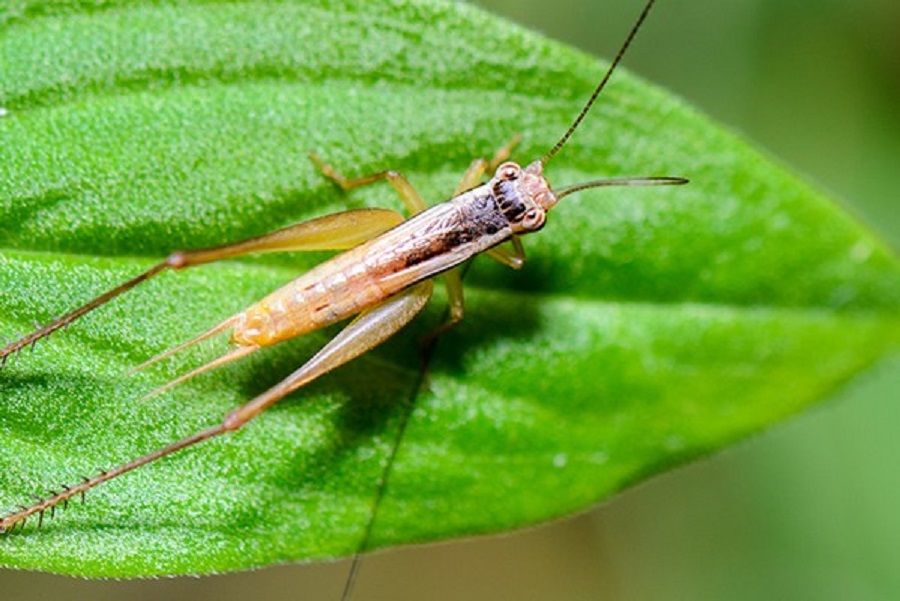Welcoming the bug biz
Aspire Food Group to build world’s largest food-grade cricket processing plant in London
EDIBLE INSECT COMPANY Aspire Food Group, the firm behind the world’s first automated cricket farm, is establishing the world’s largest food-grade cricket processing plant in London.
Co-founded in 2012 by five graduate students at McGill University, Aspire operates within its mission to “celebrate, innovate, and advance responsible farming and healthy eating of insects”. Over the past five year the company has grown to have operations in both the U.S. and Ghana.
Aspire will soon begin construction of the 100,000-square foot facility at Innovation Park near Veterans Memorial Parkway and Highway 401. The plant is scheduled to be completed by the end of 2021.
Pound for pound, crickets, and edible insects in general, offer the most bang for the planet’s resources.
The plant, which the firm says will employ 60 people, will produce alternative protein products for both the human and pet food industries.
“With our economy in the early stages of recovery, Aspire Food Group’s imminent arrival is proof that London’s industrial land strategy is succeeding at expanding and growing our workforce in new and diverse ways,” said Mayor Ed Holder in a statement.
Pound for pound, crickets, and edible insects in general, offer the most bang for the planet’s re-sources. Crickets require just 1.5 pounds of feed for every pound of edible cricket product made. This ratio, known as the feed conversion rate, is far less impressive for other popular protein sources: 20 pounds of feed for every pound of beef, 4.5 pounds for every pound of chicken and 7.3 pounds for every pound of pork.
Aspire’s founders are betting big that entomophagy, or eating insects, will be an integral part of the world hunger solution — and in many places it already is. Two billion people around the world already consume insects as part of their regular diet, and the global edible bug biz is expected to grow to a $720 million by 2024, growing at a rate of six per cent annually.
Pound for pound, crickets, and edible insects in general, offer the most bang for the planet’s resources. Crickets require just 1.5 pounds of feed for every pound of edible cricket product made. This ratio, known as the feed conversion rate, is far less other popular protein sources: 20 pounds of feed for every pound of beef, 4.5 pounds for every pound of chicken and 7.3 pounds for every pound of pork.
“We’ll need to double current food production over the next 30 years in order to feed the growing world,” said Aspire CEO, Mohammed Ashour, in an interview with Discover magazine. “The need for more protein is dire, and protein sources that are resilient are particularly important.” ![]()


